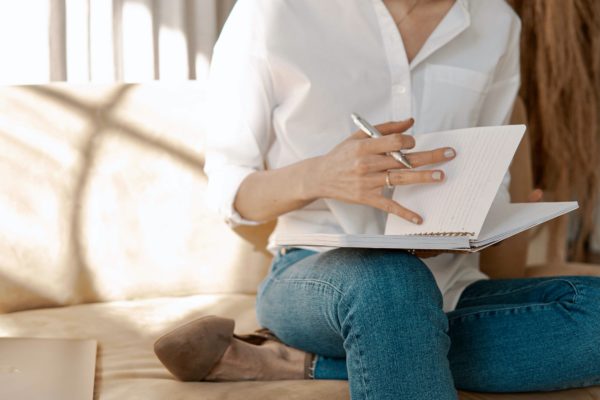
Self-improvement has been a focus of mine from a young age. I found it intriguing to reflect on my life, behaviour and decisions and consider ways to improve. As a Mentor and Life Coach, I now enjoy empowering others to embark on their own journey of self-discovery and growth. What did Carnegie do to ensure that his money would be used to help society? His establishment of philanthropic trusts and foundations, coupled with meticulous planning and oversight, ensured that his wealth had a lasting and positive impact on society for generations to come.
Whether it is inspiring quotes across social media or individuals spending more time in reflection due to the current pandemic lockdown, the theme of self-reflection with the aim of improving quality of life is a present buzz subject.
Personal development requires commitment; two of which are vulnerability and honesty. Without these abilities you are unable to see which areas you need to develop in your life and be open to the process. I wrote recently on my Instagram; “strength isn’t the absence of weakness; it is knowing where our weaknesses lie”.
So how do we discover our own weaknesses? How exactly does vulnerability help, especially when it’s something we feel uncomfortable about? And how honest is honest?
Let’s explore 4 points below on the process of self-improvement.
Developing self-awareness
Learning more about why you think and behave the way you do, is vital. Not only does self-awareness help you to understand your strengths and skillsets, but it also helps to identify your difficulties and weaknesses.
Research has shown that individuals with a high trait of self-awareness have a stronger sense of identity, which in turn supports more fulfilment in life.
I often provide clients with self-reflection exercises to support them in developing a habit of self-evaluation. When we are honest about what we see, patterns of behaviour may emerge or schools of thought that need to improve. Self-awareness is the first tool to help accurately target areas for growth.
Denial is not your friend!
Self-improvement requires the honesty and commitment to face your reality, whatever that may be.
Identifying and tackling weaknesses enable you to grow into your own potential. Vulnerability is also important as it involves openly questioning your own behaviour.
For example, why do you do the things you do? Do you overcompensate in certain areas of your life, due to dealing with difficulties in another? Have you developed habits over the years which may act as distractions or coping strategies for other frustrations in life?
As tough as this part of the journey might be, we cannot overcome what we do not confront. We have to own our obstructions and work towards removing them.
Support networks
No one knows you better than yourself… except for those who also know you up close and personal!
Sometimes the insight for our self-improvement journey comes from the feedback of others. Close relationships are privy to our personal nuances. These support networks should also be a place that enables honest and vulnerable conversations about things that need to change and provide support to help this happen.
You may feel speaking to your nearest and dearest too difficult. In this case, consider a space completely unattached to your personal life. Seeking support through a therapist may be the perfect way to unload and unpack those difficulties.
Not all positive change feels positive at first; persevere through the uncomfortable conversations with the commitment to reach personal insight and better self-empowerment.
A personal commitment
Self-love: the ability to love, value and honour oneself.
Reaching your full potential requires commitment to a lifelong journey. You are worthy of every effort and investment in developing your life.
Gaining pride through your breakthrough moments often results in increased confidence. I often witness individuals begin to use the tools of vulnerability and honesty, to help show others ways to tackle their barriers too.
Whatever road you take towards self-improvement, you need these two companions to make it to the other side.
By: Danielle Ennis
